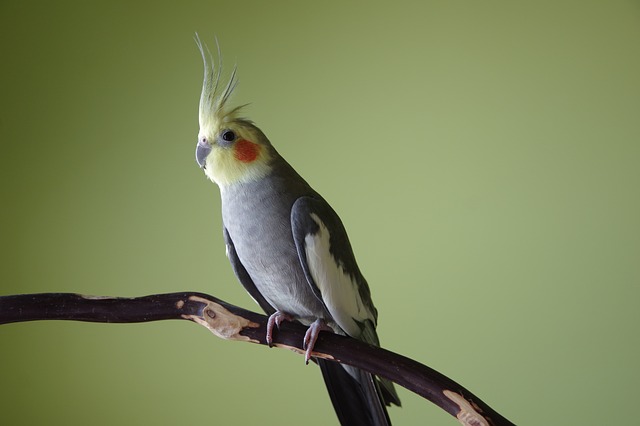
Is my Pet Bird Sick?
Is my Pet Bird Sick?
Having a pet bird can be a very good thing for you and your family. Pet birds are often among some of the most popular pets in the pet industry. They are great for families with children and come with lots of responsibilities, As long as you do a few basic things for them, you will find that they can demand less of your time than cats and dogs do. However, like all animals, birds may get sick, and you must know what to look for to give them the best chance for and easy recovery. Because they usually show less symptoms then cats and dogs, and because you typically interact with your bird much less than your cat or dog, you might find it difficult to tell when your bird is sick. Luckily, there are a few things that you can do to make sure you are paying good attention to your pet bird, and to make sure that you notice quickly when they might be ailing.
One of the best ways to tell when your pet bird is sick is to listen for changes in their communication. Singing, chirping, whistling are all ways that birds communicate with you, other birds, or the outside world. You might think that they are just chattering, but if you really pay attention you will begin to notice that your bird has a distinct sound and makes noises at different times of the day. It will probably have one "noise" that it has in the morning, and one in the evening. Also, your bird might be more vocal when it sees you, or sees other members of the family. There will be noises that it makes when you change its food or water, or when you put something in the cage or clean it. As a responsible pet owner, you should be aware of these noises they make. That way, you can notice when they change. If your bird stops making the noises that they have always made, or makes new noises you have never heard before, they might be sick.
Like sounds, your bird will develop movements that you should be able to recognize. You should be able to see where it likes to perch, and what kind of movements it likes to do during the day and night. If you see that your bird isn’t moving as much as it usually does, or is sitting on the floor of the cage instead of on its perch, it might be sick, and you should pay some close attention to it. Also it can be opposite if you bird is moving much more than usual and more erratic like trying to fly out of the cage, it also might be sick.
Appearance is also key. Make sure your bird is eating normally and drinking normally. Look at your birds posture is it slouching or have ruffled feathers? Does it have discharge from its nose or dis-colored feces? Your pet birds may be ailing from something. Some basic treatments you can perform are to put a "heat lamp" on the cage to warm the area up, cover the bird cage from drafts, feed some probiotics. If any symptoms appear for more then 24-48 hours and are getting worse consult your vet immediately.

